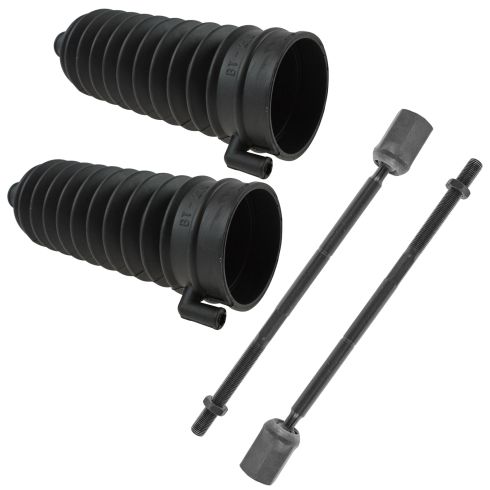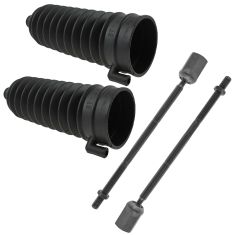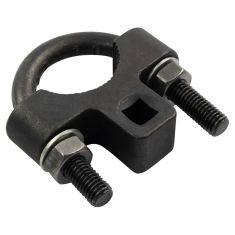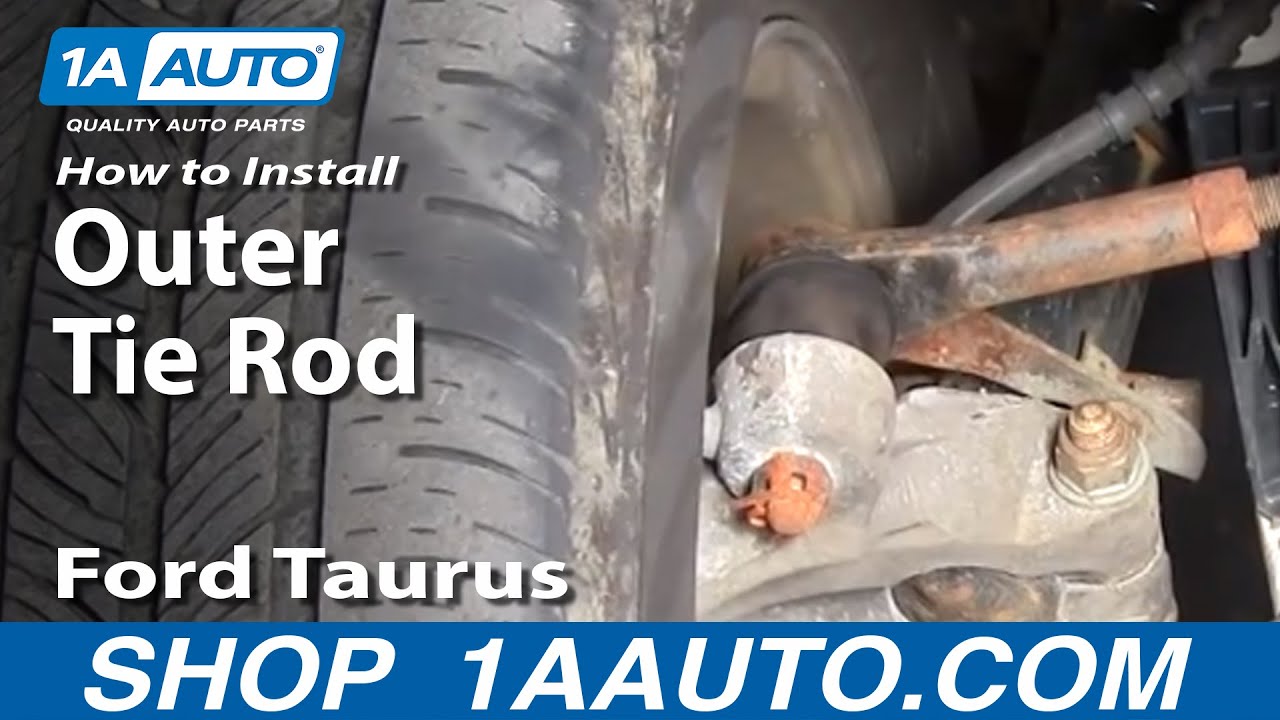1ASFK04277-Ford Taurus Mercury Sable Front Driver & Passenger Side 4 Piece Steering Kit TRQ PSA58593





Replaces
Ford Taurus Mercury Sable Front Driver & Passenger Side 4 Piece Steering Kit TRQ PSA58593



Frequently bought together
Product Reviews
Loading reviews
There are no reviews for this item.
Customer Q&A
No questions have been asked about this item.









